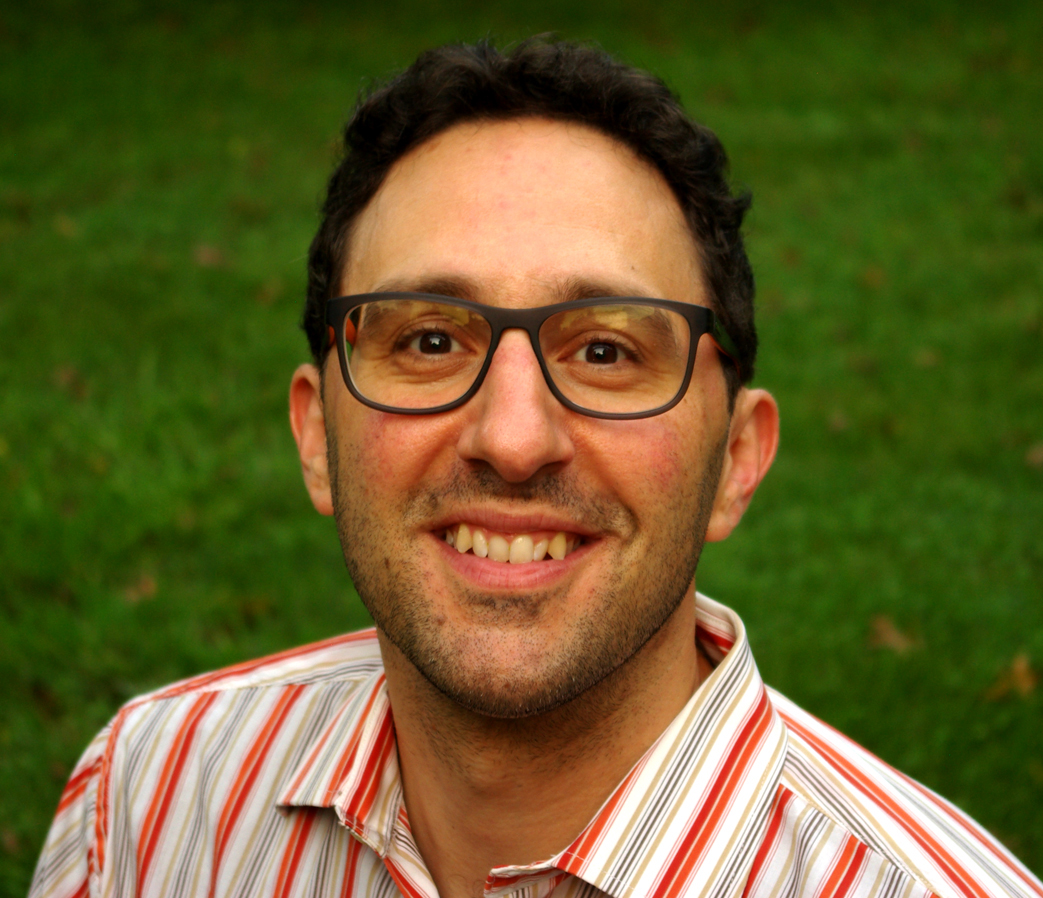
Exploring the molecular and neural circuit architecture of goal-directed behavior
Description
The organization of animal behavior according to goals is a key determinant of overall fitness and the product of interrelated behavioral processes - attention to relevant environmental cues, outcome-based choice reinforcement and avoidance, as well as invigoration of motor performance. Disruption in any of these processes can produce goal-directed dysfunction, a key behavioral endophenotype observed across neuropsychiatric disorders. My lab is interested in how specific neural circuits support these behavioral processes, in particular the interactions between afferent cortical projections and local striatal circuitry. In addition, we ask how disease-associated molecular disruptions alter these networks, leading to the development of dysregulated reward-based motor control. In this talk, I discuss three ongoing projects: 1. a local striatal inhibitory population that modulates goal-directed learning and local dopamine signaling; 2. divergent functional coding of goal-directed behavior by prefrontal projections targeting distinct striatal compartments, and 3. the contributions of Neurexin1, a synaptic adhesion molecule widely implicated in brain disease, to alterations in value-based decision-making.
Zoom Link: https://mit.zoom.us/j/98728398745
Speaker Bio
Shortly after beginning my dissertation work in the lab of Gordon Fishell at New York University School of Medicine, I was drawn towards understanding the consequences of abnormalities in early brain development for mature circuit function. I focused on mechanisms of neuroepithelial patterning and the transcriptional specification of cortical interneurons in the developing mouse forebrain. Through my doctoral work, I gained a deep appreciation both for the power of combining mouse genetics and electrophysiology, as well as the breadth of cellular diversity in the mature mouse brain.
After forgoing further medical training, I went to Stanford University to do postdoctoral work in the labs of Robert Malenka and Thomas Südhof. I was convinced that molecular dysfunction at the synapse would be a key component in understanding the pathophysiology of many neuropsychiatric disorders. I spent my postdoc studying the biophysical function of synapses and neural circuits, as a stepping stone towards understanding how changes in neural circuit output produce altered behavior — a pursuit which continues in my own lab.
Additional Info
The MIT Colloquium on the Brain and Cognition is a lecture series held weekly during the academic year and features a wide array of speakers from all areas of neuroscience and cognitive science research. The social teas that follow these colloquia bring together students, staff, and faculty to discuss the talk, as well as other research activities within Building 46, at MIT, and around the world. This event is co-sponsored by the Department of Brain and Cognitive Sciences, the McGovern Institute for Brain Research, and the Picower Institute for Learning and Memory at MIT. Colloquia are open to the community, and are held in MIT's Building 46, Room 3002 (Singleton Auditorium) at 4:00PM with a reception to follow.

